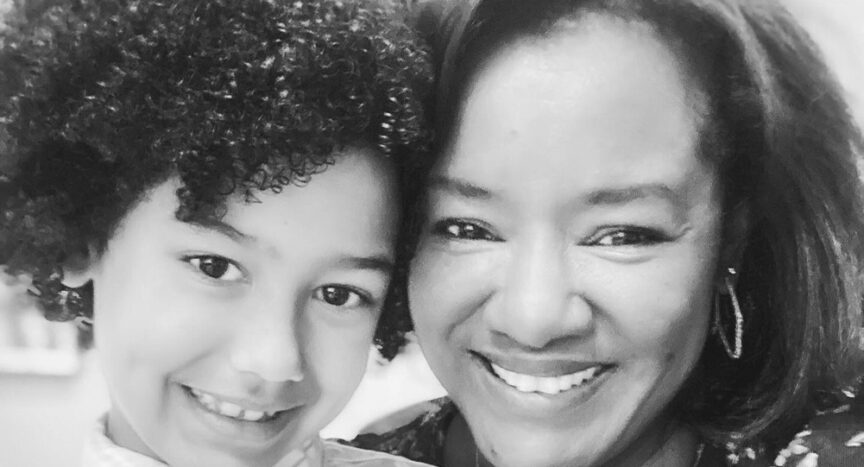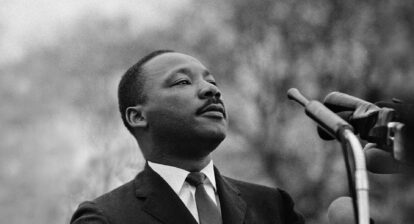It’s been said that joy knows no shame; however, for Kelli Connolly, a best-worst-case scenario like hers opened the doors to some degree of embarrassment. For context, a recent cancer diagnosis left Connolly stunned but positively assured by her village of doctors, placing her in a space that belonged to no community she was aware of. The diagnosis was Ductal Carcinoma in Situ (DCIS) Grade 2 Stage 0, to be exact, also known as a moderate grade of the earliest form of breast cancer or stage 0 breast cancer.
Connolly is a wife and mother who has worked in the entertainment industry for over 20 years and enjoys spending time with her family and traveling. A private citizen, she typically stays out of the spotlight. So, when she learned of what the doctors had determined, her world was shaken, but she was grateful for being so persistent in monitoring her body. “I had my first cyst removed when I was 19, so I’ve been checking my breasts my whole adult life,” she shared.

This particular cancer is one of the best-worst things to occur. Of course, no one wants cancer; however, this type has more than a 98% survival rate, according to the Breast Cancer Research Foundation. So, for someone given this kind of diagnosis, as valid as it is to have the doctor or oncologist share this news with you, the takeaway is that you will more than likely be able to live and thrive without it being a threat to your life.
“I caught it early, and for my particular case, I am ERPR positive. It’s not triple negative, so there are so many positives to it, even though it’s still cancer… I feel guilty talking about it,” she said.
Being the person who is typically the shoulder to lean on made it an even greater feat to share her story. “There’s guilt in having found it early enough, and it’s not as bad as other people, and I don’t have to have chemotherapy. So, while I want to talk about it, I don’t want people to feel sorry for me because it’s so early. It’s just this weird space,” Connolly explained.

Health, being the most precious physical asset for humans, when jeopardized, can wreak havoc on mental health, mindset and outlook on life. So, when presented with grim but not-so-grim news, like Connolly, where is room for joy or anticipation for the future?
“I just felt very emotional about it just because my life is now a before and an after. Right before this diagnosis and after this diagnosis.”
I asked how this has now shaped her perspective. Again, despite how much this stage has been dismissed as life-threatening and viewed more as a call to action for those in receipt of this diagnosis, how do you move forward with any inkling of joy with such challenging results that included two lumpectomies and multiple biopsies for Connolly?
“I just feel like I need to be more present and enjoy life, spending time on doing, not buying or accumulating, because things could always be worse. But now, I just want to be more light about things and eliminate stress,” she declared.
The fortitude it takes to receive such dimming news and the audacity to push forward, work and maintain a family is honorable. What to remember is that despite the stage, type or diagnosis, cancer presents itself as a threat.

Individuals like Connolly should be celebrated for their resilience and courage in the face of a cancer diagnosis, regardless of its stage. Her story is a testament to the power of early detection and the importance of being vigilant about your health. Connolly’s journey emphasizes the strength it takes to navigate the emotional complexities of a cancer diagnosis, even one with a high survival rate. Her ability to find joy and purpose in the midst of uncertainty serves as an inspiration to others who may be facing similar challenges.
Connolly’s experience reminds us that every cancer diagnosis, no matter how early or treatable, is significant and life-altering. Her brave decision to share her story, despite feelings of guilt and the desire to avoid pity, opens up a much-needed dialogue about the nuanced experiences of those living with cancer. By doing so, she not only empowers herself but also offers a ray of hope and encouragement to others who may feel isolated in their own journeys.
People like Kelli Connolly influence others by demonstrating that it is possible to embrace life with renewed vigor and appreciation, even when confronted with daunting news. Her focus on being present, reducing stress and cherishing meaningful experiences over material possessions and day-to-day distractions is a powerful reminder of what actually matters. Celebrating individuals like this is pivotal because they exemplify the human spirit’s capacity to adapt, persevere and find light in the darkest of times. Cheers to the fighters, survivors, and thrivers, we see you!



